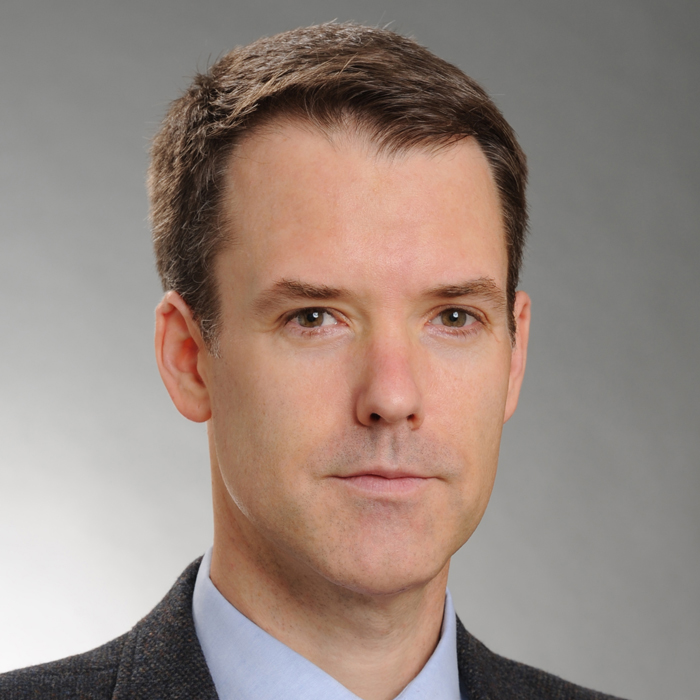“What is the human person?” This question serves as the very root for later elaborations of biomedical ethical questions involving beginning and end of life decisions, distributive justice, transhumanism, and many others. A fruitful way to shed light on what we think is the human person might be to ask, “When is the human person?”
When Is the Human Person?
The question of “when” arises throughout the individual’s life cycle. The question of whether a person has died at the point of brain death or cardio-pulmonary cessation is just one example of the question of “when”. In the Islamic tradition, death is tied to the departure of the soul (Ar. nafs) or spirit (Ar. ruh) from the body. Prior to the advent of biomedicine, which enabled the monitoring of brain activity and the deployment of ventilators and other biotechnology to assist or even take over for the cardio-pulmonary system, the point of “when” was fairly clear. But such innovations have sparked a debate among Muslims—can brain death become an acceptable criterion for death? Furthermore, how do these two ways of defining death relate to the underlying religious notion of death as the departure of the soul or spirit?
“When is the human person” is not limited to the definition of death, but also to the beginning of human life. The Catholic notion of the sanctity of human life from the moment of conception is well known. In the Islamic tradition, though an implanted embryo is given special protection and abortion is frowned upon, most scholars do not extend considerations of full humanity to an embryo until the time of its ensoulment. This period is detailed in several different hadith (accounts of what the Prophet Muhammad did, said, or silently affirmed), with the most commonly agreed upon time being 120 days after conception.
This relatively late point of ensoulment has enabled researchers and clinicians in Muslim-majority countries to engage in the use of Assisted Reproductive Technologies, in which surplus embryos are generated, and to undertake related research into stem cells and cloning. A number of Arab countries such as Jordan, and research institutes such as the Avicenna Research Institute and Royan Institute in Iran, are quite advanced in these fields. And while pre-ensoulment implanted embryos have been largely protected under Islamic law, ex utero embryos, such as surplus embryos in a lab, have not. This view of when the human person’s full status is achieved not only enables the treatment of an infertile couple, but also fosters scientific development for the state.
The Development of Islamic Biomedical Ethics
We might ask if this religious-legal notion about when, based on determining punishments for those who harm a fetus, is sufficient to tell us much about the human person in Islamic thought. The question gets skipped over by Islamic jurists who provide the ruling (fatwa) that pre-ensoulment embryos can be used for research, and by the biomedical researchers and clinicians who strive to solve the infertility of their patient’s. In a recent book on the emerging field of Islamic Biomedical Ethics, Professor Abdulaziz Sachedina takes the issue further and identifies several hadiths from the Shi‘i tradition which may tie ensoulment and the beginning of life in Islam to the time of conception, similar to the Catholic position. If pursued, this line of thought could limit the patient’s treatment options and restrict some biomedical research.
Several important implications result from this examination of the when of the human person. First, it illustrates the need for a more thorough Islamic biomedical ethics which incorporates deep theological reflection, an understanding of biomedicine, socio-cultural factors, and a more comprehensive investigation of the long and short term potential ethical pitfalls with the use of certain biotechnologies. The current system of Islamic medical fatwas is important, but does not seem sufficient in itself. Second, the hadiths highlighted by Sachedina open up common ground with the Catholic position on when to extend full recognition of human personhood. This hints at the potential for joint reflection or even arriving at a consensus on the matter by ethicists in both traditions.
Modern Challenges to Religious Conceptions of Personhood
Yet there is another potential common language that must be considered: modern science. Just as biotechnology has allowed us to peer into previously hidden processes at the time of death, contemporary understandings of embryology may pose a challenge to religious conceptions of the when of human personhood. How should the scientific facts about an embryo’s development be incorporated into Islamic biomedical ethics? Will a close examination of the religious texts in light of the knowledge of the day-by-day development of the embryo provided by modern science and biotechnology challenge or reinforce the view of human personhood originating at conception? What are the implications for the infertile, their physicians, the state, and the wider human society?


One thought on “What (or When) Is the Human Person?”